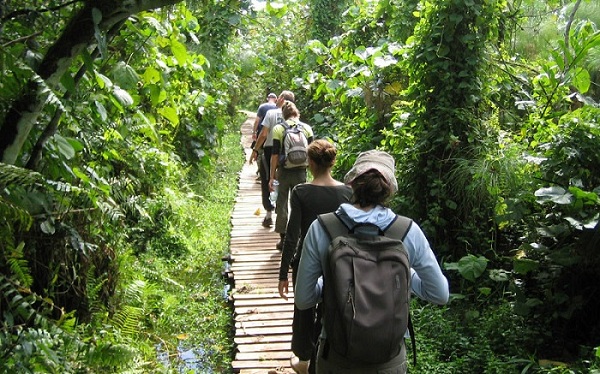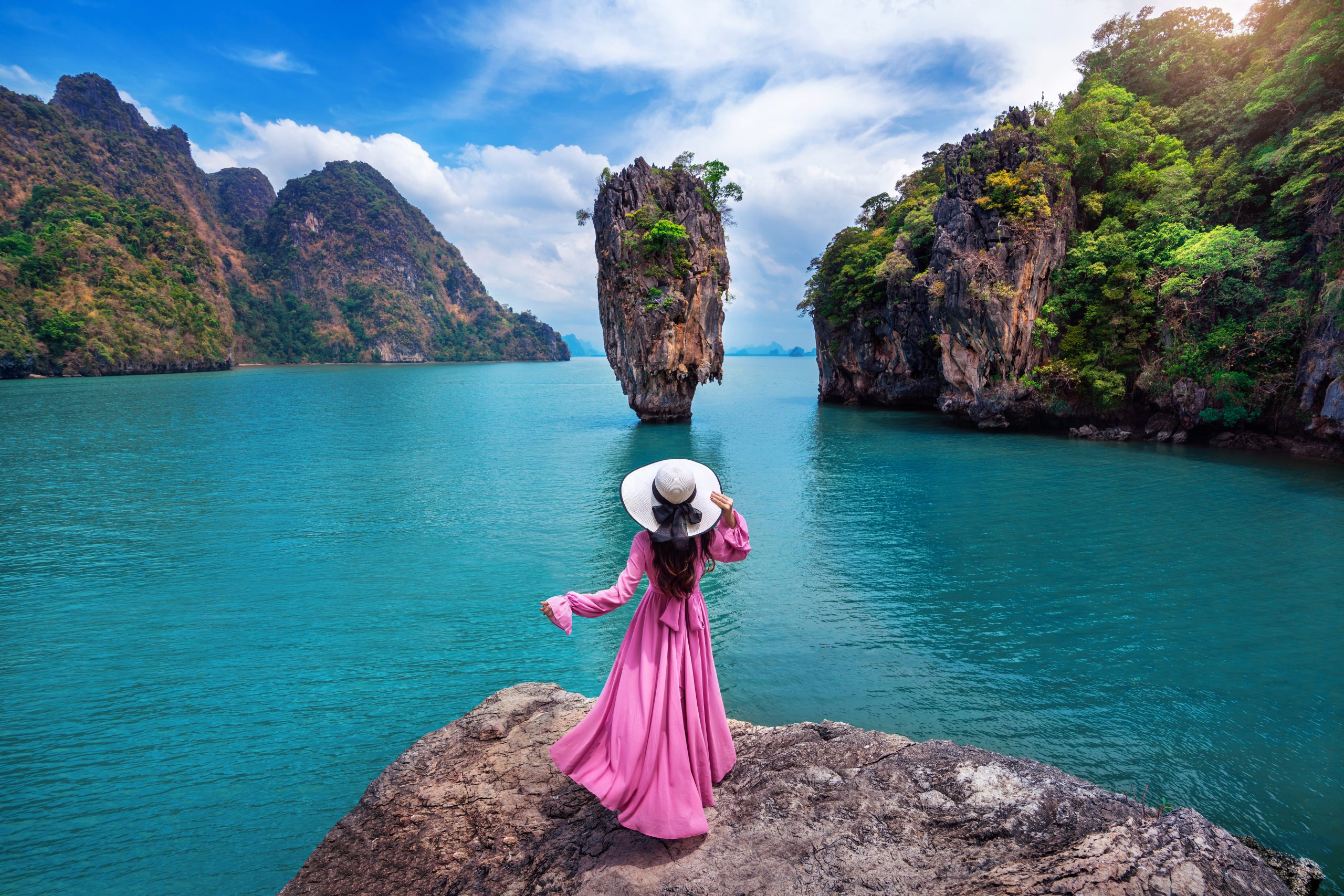
As global travellers place increasing value on sustainability, Indonesia is emerging as a key destination for those seeking meaningful, environmentally conscious travel. Across the archipelago, a growing number of cities and regions are adopting green tourism strategies, combining cultural heritage, natural landscapes and responsible development to offer experiences that benefit both visitors and local communities.
One standout example is Banyuwangi, located on the eastern tip of Java. Once considered a quieter gateway between Java and Bali, Banyuwangi has reinvented itself as a model for eco-conscious development. The region has prioritised waste reduction, public green spaces, and environmentally friendly tourism infrastructure, while protecting access to its mangrove forests, volcanic landscapes and marine reserves. Community-based tourism programmes also ensure that economic benefits are shared fairly with local residents.
Further west, Bandung in West Java has focused on sustainable urban mobility and cultural revitalisation. With its cool climate and creative community, Bandung has long been known as a centre for design and arts. Today, the city is expanding walkable city zones, improving public transport and promoting its surrounding highland ecotourism areas — including tea plantations, hot springs and forest trekking routes — to reduce reliance on high-impact mass tourism.
In Central Java, the historic city of Surakarta (also known as Solo) has taken a heritage-led approach to sustainability. Restoration of royal palaces, preservation of traditional batik production, and careful management of cultural events such as the Solo Batik Carnival have helped maintain local identity while reducing resource waste. Efforts to support small producers and artisan communities ensure cultural continuity and livelihood resilience.
Indonesia’s green tourism efforts extend far beyond its cities. Islands such as Lombok, Flores and Sulawesi are developing community-based eco-lodges, coral and reef restoration programmes, and trekking routes managed by local guides. Marine conservation organisations and destination managers are working closely with coastal communities to protect vital ecosystems while offering immersive experiences such as snorkelling, homestays, handicraft workshops and sustainable farming tours.
These initiatives align closely with Indonesia’s national tourism development priorities, which highlight sustainability, cultural integrity, and nature conservation as strategic pillars. Government, private sector and community partnerships are increasingly shaping tourism planning — from renewable energy in accommodations to improved waste management and responsible wildlife tourism guidelines.
For travellers, the shift towards green tourism means greater opportunities to connect meaningfully with Indonesia’s cultural and natural richness. Whether exploring volcanic highlands, remote coral atolls, vibrant cultural centres or tranquil coastal villages, visitors can contribute to local wellbeing while enjoying authentic experiences grounded in nature and tradition.
As demand for conscious travel continues to grow, Indonesia is well-positioned to lead by example. Its diverse landscapes and deep cultural heritage provide a strong foundation, while local communities, tour operators and policymakers are embracing sustainability not as a trend, but as a long-term pathway for shared prosperity.




